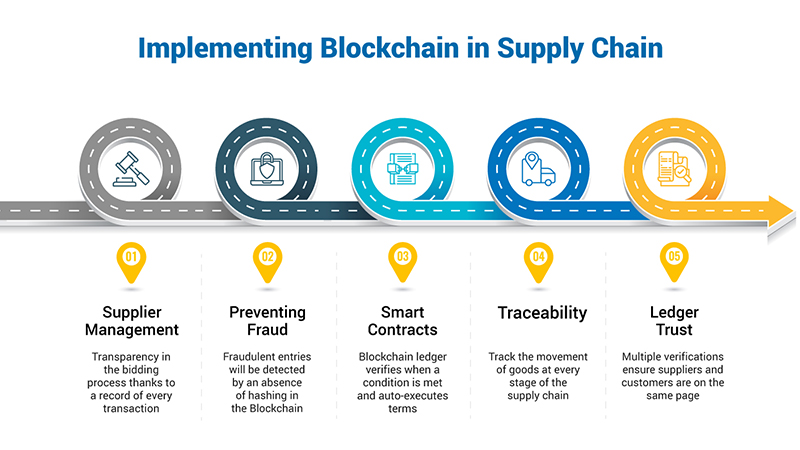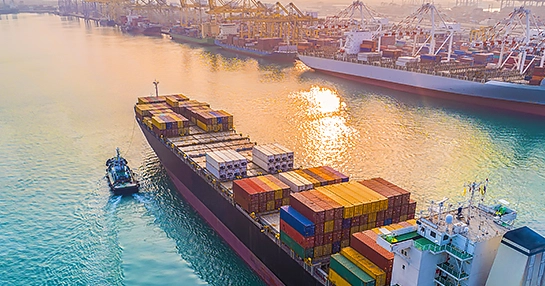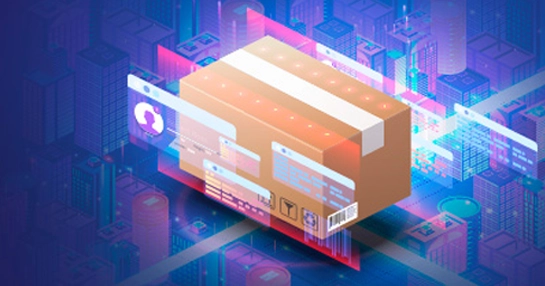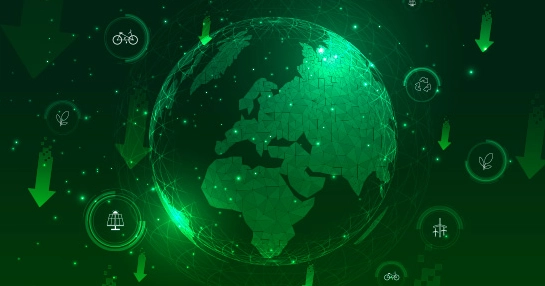Blockchain is a revolutionary technology that is likely to become a major thread in the fabric of global B2B transactions. The implications of blockchain for procurement, supply chain and supplier management may be highly significant.
Blockchain has the potential to transform all kinds of digital transactions, including in procurement and supply chain. A distributed database that holds tamper records of digital transactions, blockchain and its associated applications could usher in a new era of supply chain and source-to-pay process efficiency.
From payments and audits to tracking inventory and assets, blockchain technology in supply chain could deliver a new level of trust and transparency while enabling the procure-to-pay process to realize huge operational benefits.
Blockchain in Supply Chain Use Cases
Analyst firm Gartner has positioned blockchain at the start of its “hype cycle,” with viability for the technology seen over the next five to 10 years.
Blockchain-based innovations hold enormous promise, with a wide array of applications possible for procurement and supply chain. Some applications and benefits of Blockchain in supply chain and procurement may include:
Blockchain in procurement could enable the creation of tamper-proof smart contracts that automatically implement terms of multiparty agreements. Smart contracts can self-verify their own conditions and self-execute by releasing payment to the appropriate party. Contracts could be originated to include multiple parties across an entire supply chain with the value and terms fully integrated from end to end, and with the execution of the conditions at each stage recorded against the contract and fully visible to the onward chain.
Order validation and approval, invoice processing, multi-way matching and the entire request-to-receipt process could be radically enhanced through the application of blockchain in procurement. Any change at any part of the process will automatically create an exception reducing the total time to completion and permitting much greater automation of transactions.
Blockchain technology in supply chain will empower the buyer with the means to ensure authenticity and traceability of all goods throughout the purchasing cycle. Verifiable audit trails of suppliers' goods will be established. Critical supplier credentials, certificates and qualification statuses will remain immune from forgery and other compromise.
Smart blockchain-based contracts and orders could automatically trigger pre-agreed payments on completion of the transaction cycle.

How GEP Can Help
GEP’s experienced consulting team can help you understand what blockchain could mean to your business in the future, and how you can prepare to take advantage of emerging technologies to become the strategic leaders within the enterprise.
Related Digital Capabilities
“We wanted a procurement technology partner who could evolve with us. Someone who is not just a procurement services expert but also offers a complete set of procurement tools. So that’s why we partnered with GEP as being a single services and tools provider for us.”
Azhar Miah
Chief Procurement Executive, Kemper Corporation











